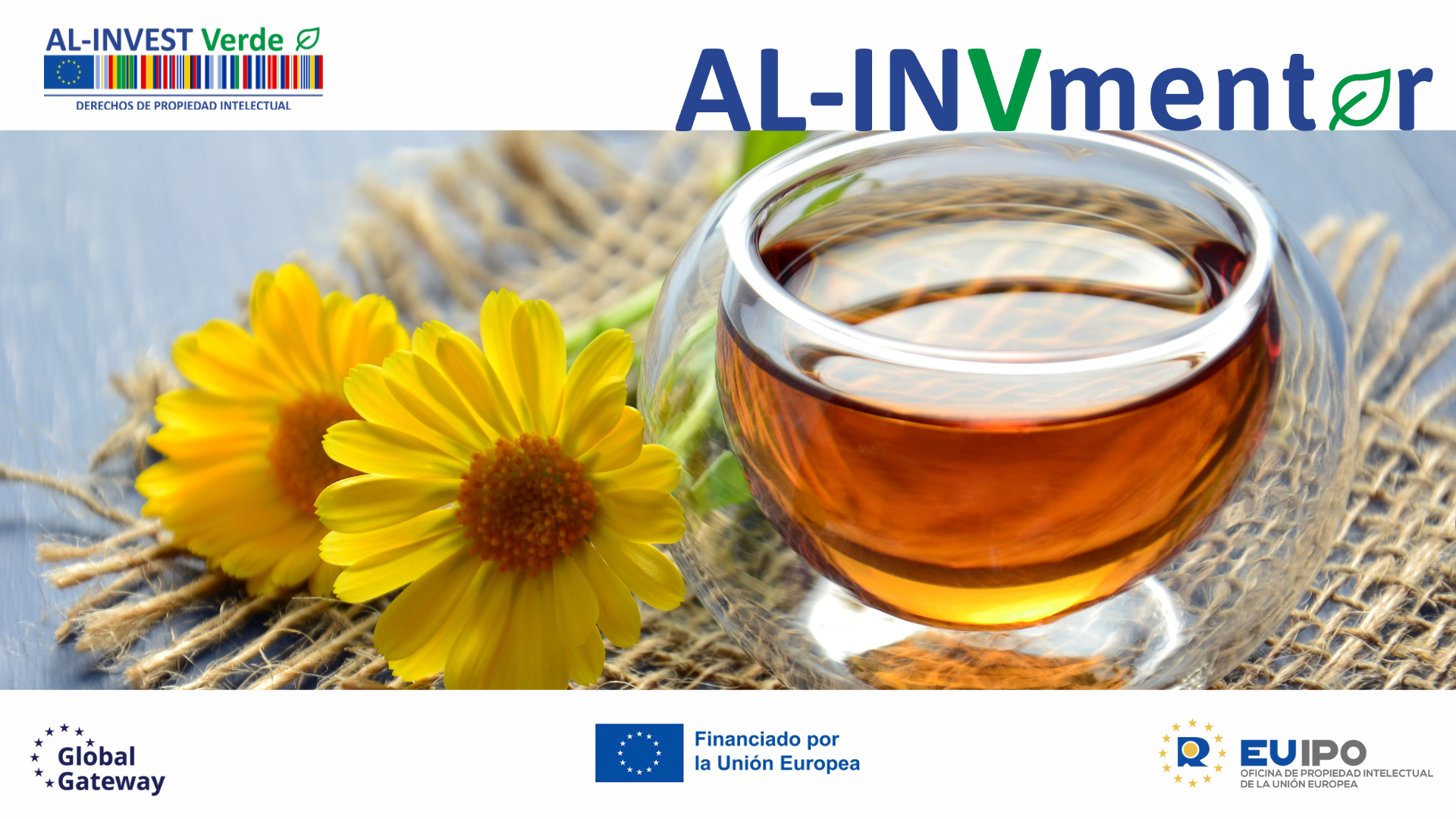Meet the Paraguayan producer group selected for AL-INVmentor and the origin-linked product they produce
Following a competitive selection process involving agri-food producer groups from different regions in Paraguay, the European Union Intellectual Property Office (EUIPO), the co-funding and implementing agency of the AL-INVEST Verde IPR project financed by the European Commission, and the National Intellectual Property Directorate of Paraguay (DINAPI), announced the selected producer group to receive specialised mentoring support to optimise the use of geographical indications (GIs):
The Association of Beekeepers of the Department of Ñeembucu, producers of Miel de Abeja de los Humedales de Ñeembucu, (flower honey) from the Ñeembucu wetlands.
The flower honey from the Ñeembucú wetlands, located in the Eastern Region, is officially recognised as a GI by DINAPI and protected by a collective trade mark. The honey is also certified organic. The product is distinguished by its purity and distinctive flavour, reflecting the biodiversity of the region. Produced from the nectar of various wildflowers growing in the rich humid soils of Ñeembucú, this honey has a light amber colour and a smooth texture. It has a delicate floral flavour with a subtle herbal undertone and a balanced sweetness and also serves as a natural sweetener. The honey is also known for its medicinal and antioxidant properties. Beekeeping in this area is carried out using traditional and sustainable methods, resulting in a high-quality product that contributes to the preservation of the local ecosystem.
Thanks to the collaboration between the EUIPO and DINAPI, the wetlands flower honey from Ñeembucú will be able to maximise its potential as a geographical indication, promoting its unique origin and qualities while protecting its reputation. This joint effort not only benefits producers by improving their practices and market access but also contributes to the economic development and environmental conservation of the region. By emphasising the uniqueness and quality of the honey, the value of local products is elevated, fostering a more prosperous and sustainable future for Paraguayan agricultural communities.
